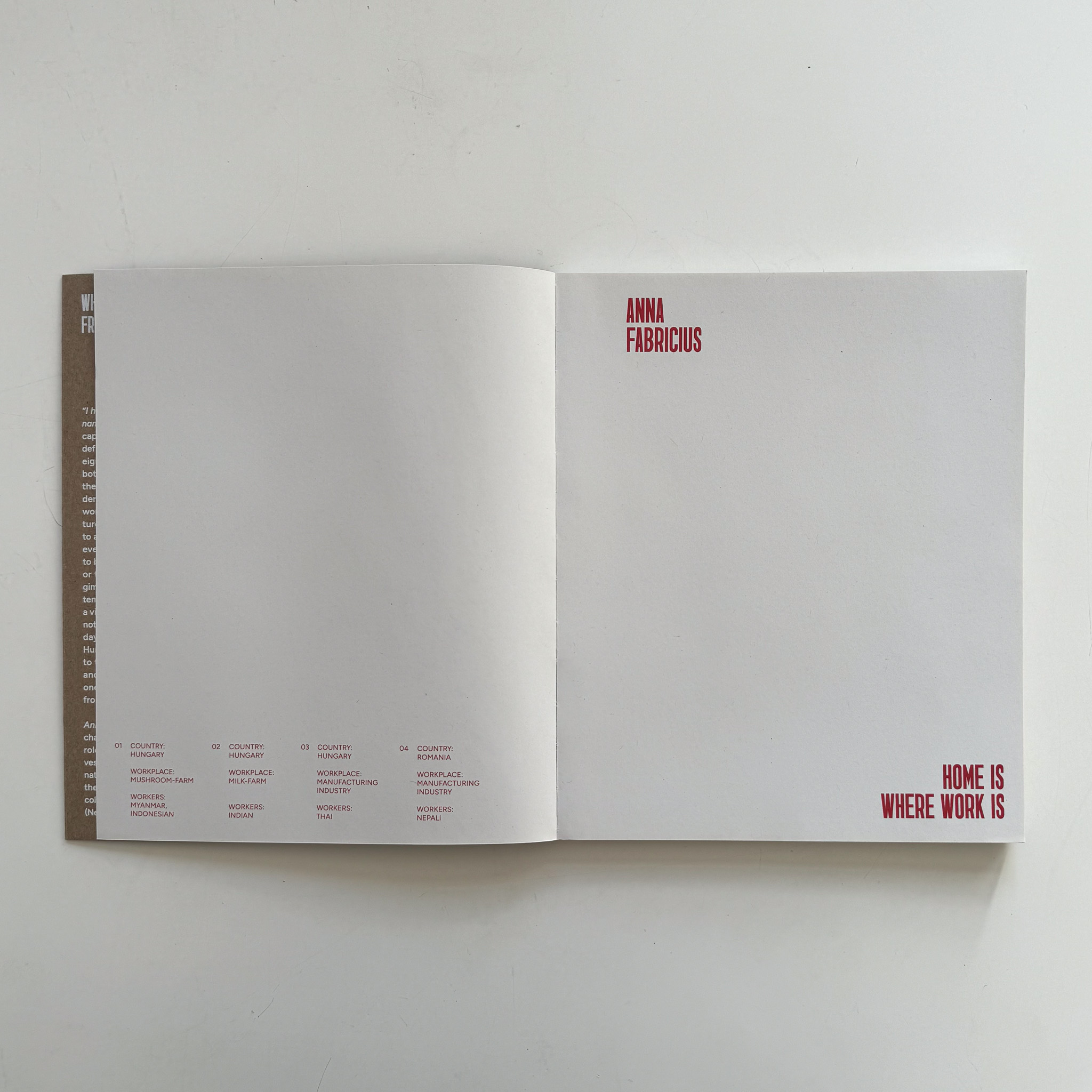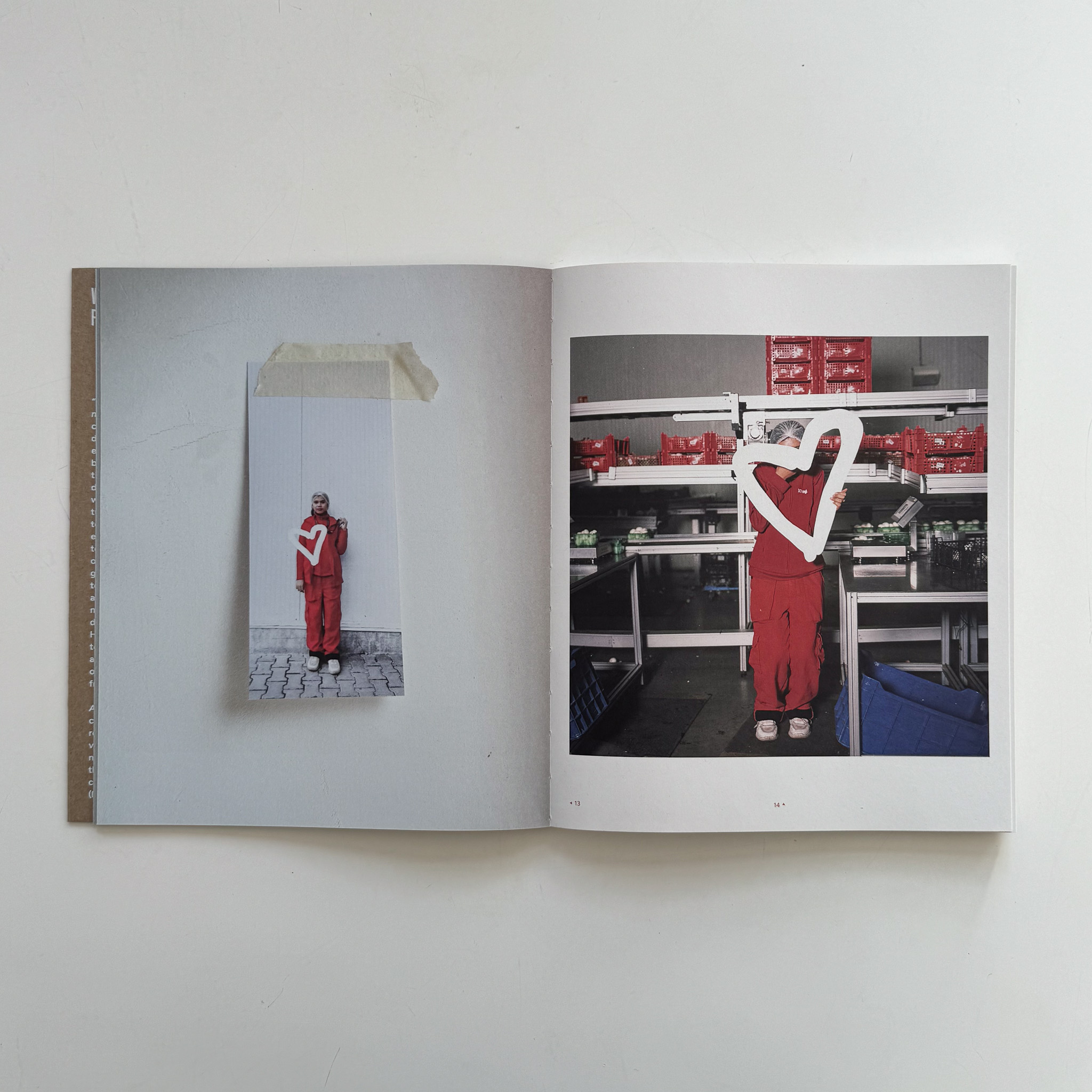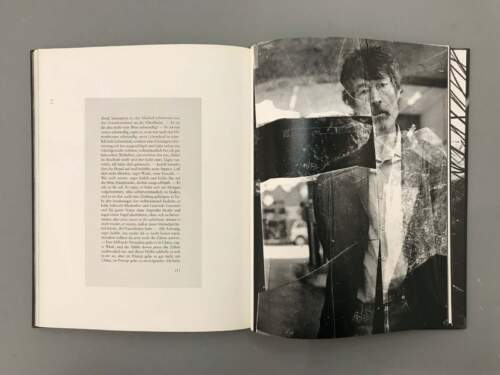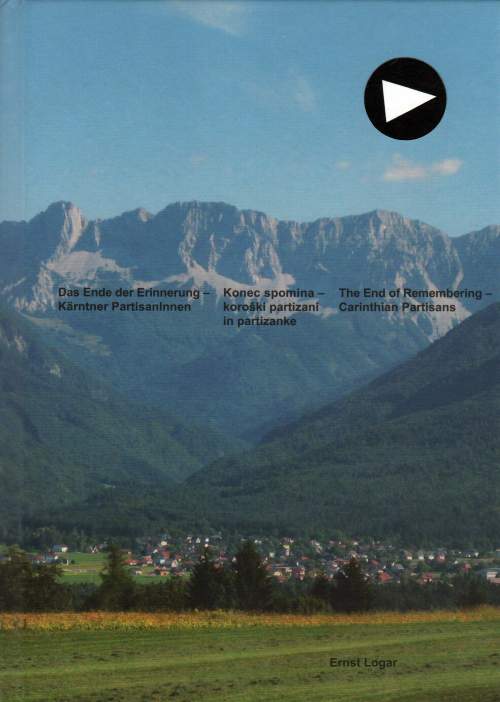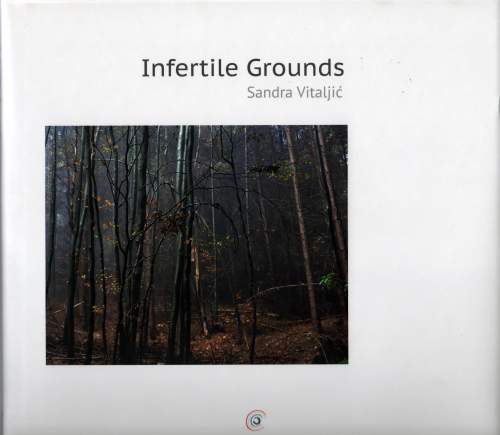WHAT CAN WE LEARN FROM FOREIGN WORKERS?
Anna Fabricius has been researching the changing cultural and personality-shaping role of work for years and is currently investigating the increasingly common transnational family relationships resulting from the global division of labour. She has been collaborating with workers from the Far East (Nepal, Myanmar Thailand, Philippines, India), like Insiyatul Urbayanti, who have been employed for shorter or longer periods in agriculture or in the manufacturing industry.
The majority of them are young, poor men and women whose daily lives are charac-terised by restricted freedom of movement, strict daily schedules and low wages. There is a constant migration of labour between the poorer and richer regions of the world, and Hungary is also involved in this exchange both as host and exporter. The project titled “Home Is Where Work Is” addresses some of the most pressing issues of our time, where the discourse on human rights is accompanied by restrictive immigration regulations. In this respect, the title of the project carries several mean-ings. We can conceive of work as an instrument of power that forces people to leave their homes, determines their living spaces, their daily rhythms and their personal relationships. The title also addresses the insecurities of the transitory situation in which one cannot feel at home in their place of birth or in their place of work. Lastly, it refers to the dilemmas between moneymaking work and care work to maintain the family home, and thus to the tensions between the economy, society and the reproduction of culture.
Тext: Judit Csatlós, Tibor Meszmann
Translation: Dániel Sipos
Graphic Design: Adrienn Császar
Printing House: EPC
ISBN: 978-615-02-1329-3

